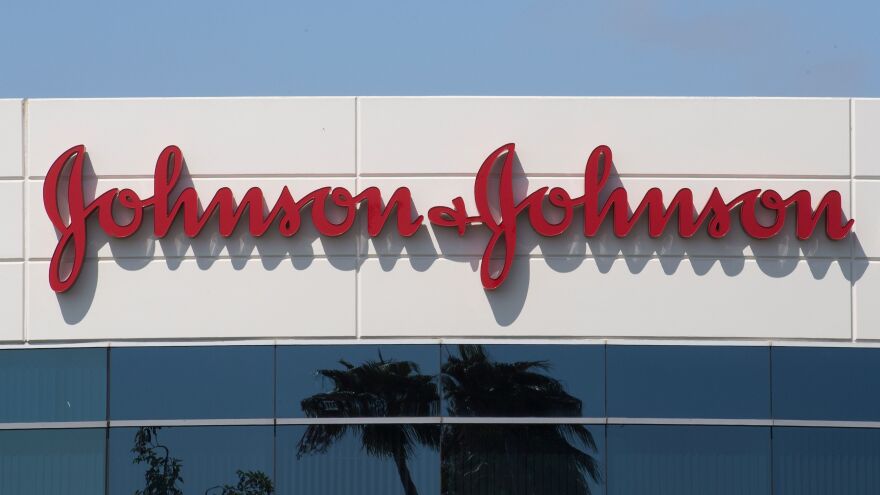Updated February 1, 2022 at 5:15 PM ET
The drug manufacturer Johnson & Johnson and the opioid distributors AmerisourceBergen, McKesson and Cardinal Health will pay Native American tribes $590 million under the terms of a proposed settlement filed Tuesday.
The number of deaths from opioid overdoses has been rising across the country, but the problem has been growing disproportionately among Native Americans and Alaska Natives in recent years.
The plaintiffs in the case are more than 400 tribes who say the opioid makers and distributors were responsible for the opioid crisis in their communities and say they've faced increased costs in health care, social services, child care and more as a result.
"This is an historic settlement that goes a small but important distance toward addressing a killing epidemic that devastated tribal communities," said Lloyd Miller, one of the lead tribal attorneys on the case who represents 120 tribes. "It is historic because at long last Tribes and States are standing shoulder to shoulder in addressing mass disasters."
The proposed agreement between the tribes and Johnson & Johnson and its subsidiary, Janssen, is for $150 million to be paid over two years.
The three distributors: AmerisourceBergen, McKesson and Cardinal Health, agreed to pay roughly $440 million over seven years.
All 574 federally recognized tribes are eligible to receive part of the settlement, even if they did not participate in the litigation, the tribes' lawyers say.
Johnson & Johnson said the proposed settlement is not an admission of liability or wrongdoing and that its marketing and promotion of opioids was "appropriate and responsible." The company says it no longer sells prescription opioids in the U.S.
AmerisourceBergen said the agreement "will both expedite the flow of resources to communities impacted by the crisis while enabling AmerisourceBergen to focus on ensuring the pharmaceutical supply chain is meeting the needs of health care providers and patients."
McKesson and Cardinal Health did not immediately return a request for comment.
About 15% of the settlement will go toward lawyers' fees and the remaining 85% will be spent on "drug treatment and related abatement programs," the tribes' lawyers say.
The settlement requires 95% of litigating tribes and 14 of 17 non-litigating Tribes with populations exceeding 5,000 tribal members to agree to it before taking effect.
The same three drug distributors reached a separate $75 million settlement with the Cherokee Nation in September.
Last summer, state attorneys general announced they had reached a $26 billion settlement with Johnson & Johnson and the three distributors. Johnson & Johnson said its $150 million settlement with the tribes will be taken out of its portion of the settlement with states.
Copyright 2022 NPR. To see more, visit https://www.npr.org.



